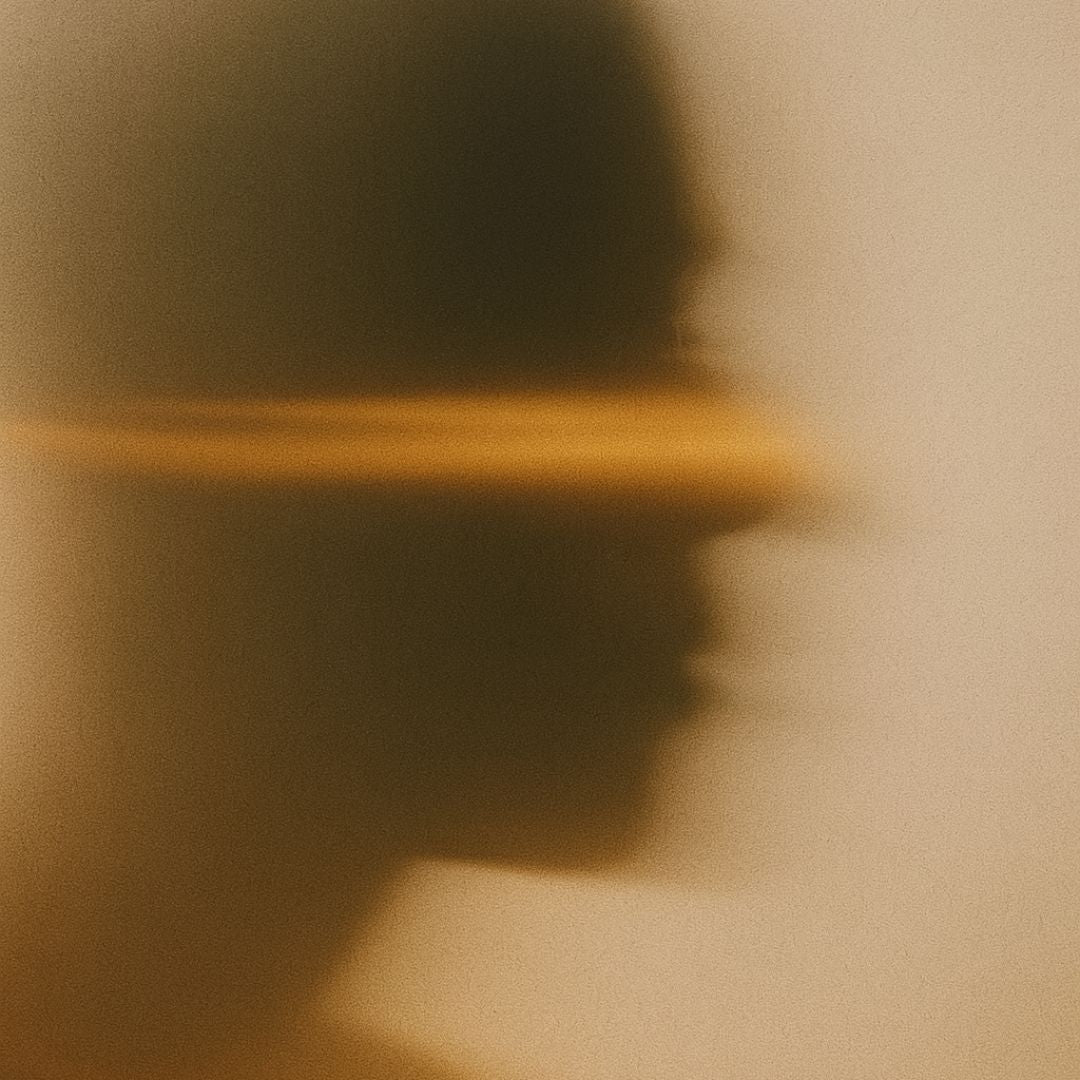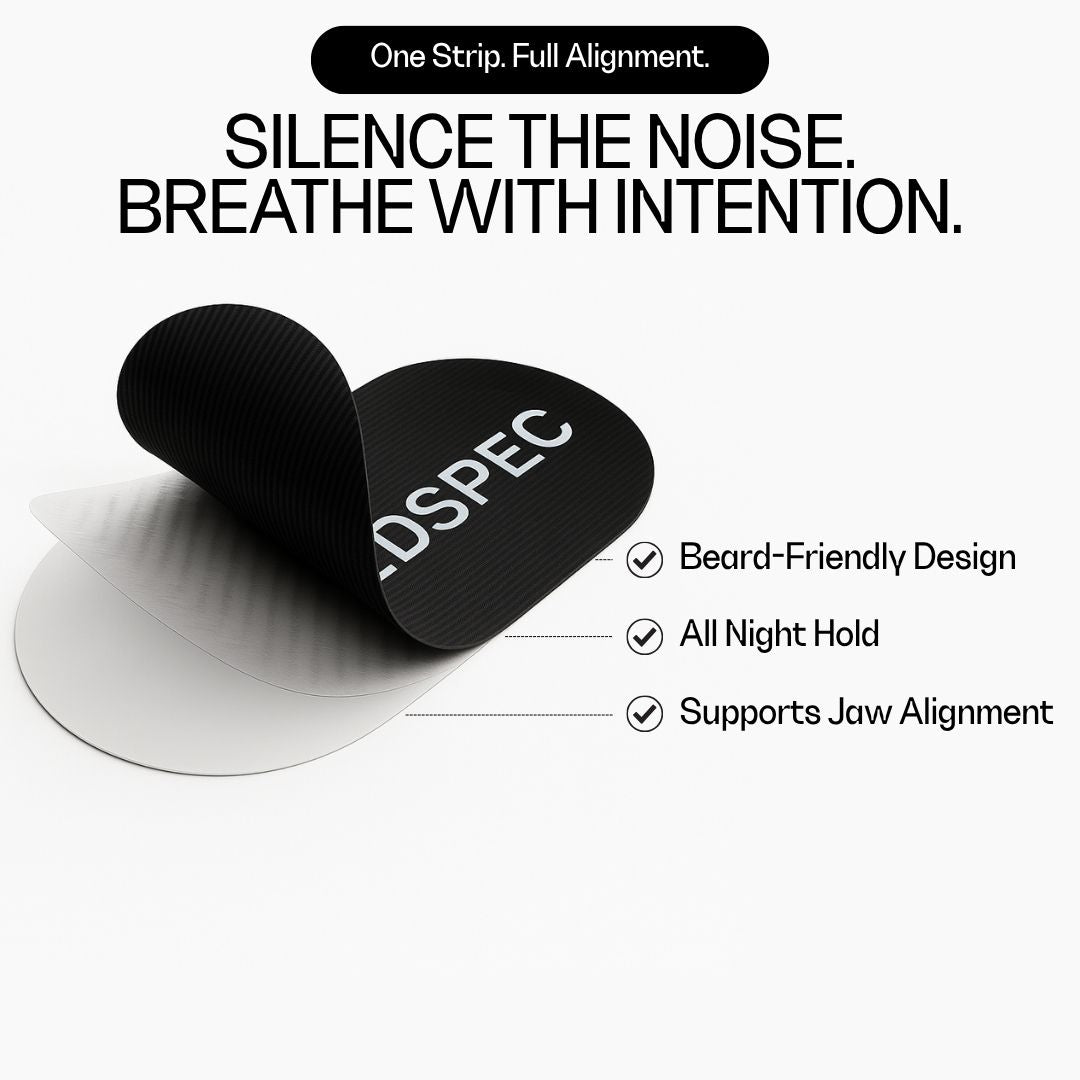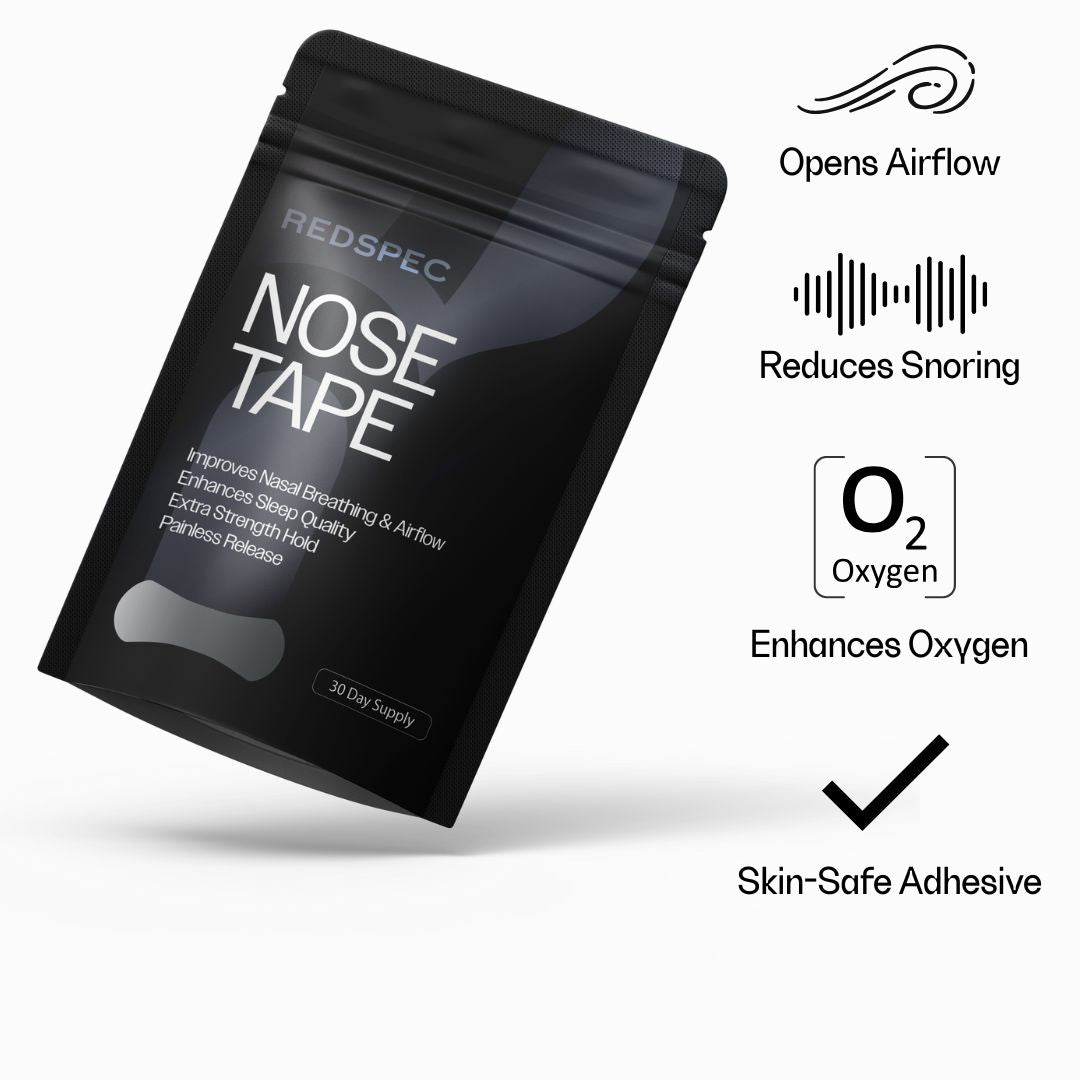
How to Build a Light-Conscious Workspace
You optimize your calendar. Your tools. Your inputs. But what about your light?Most workspaces are biologically misaligned—overhead fluorescents, harsh blue screens, and zero circadian structure. T...

From Lab to Lens: How We Engineered the Perfect Evening Filter
Sleep isn’t just about shutting down—it’s about shifting states.Your nervous system needs a clear signal to transition from alertness to recovery. That signal starts with light. Specifically, the a...

Not All Blue Light Glasses Are Built the Same—Here’s Why
You’ve seen them. Maybe you’ve worn them.Generic blue light glasses—the ones marketed to “help with screen time.” But most of them do next to nothing. A pale tint. A vague promise. Zero impact on y...

The Optics Stack: Light Hygiene for Founders, Creators, and Operators
You manage inputs like code, macros, and macrosplits—light should be no different.In a high-output life, light is your most underestimated variable. It dictates mental clarity, hormonal rhythm, and...

Day vs. Night Lenses: When to Switch and Why It Matters
Your brain runs on light.Every wavelength you absorb tells your system what to do—wake up, focus, recover, or rest. If that input’s off, everything else follows: your hormones, your cognition, your...

What Happens to Your Hormones When You Filter Blue Light
Light controls your hormones.Not in theory—in real, measurable cycles. Every time light hits your eyes, it tells your brain which chemicals to release, suppress, or shift. The most powerful of thes...




